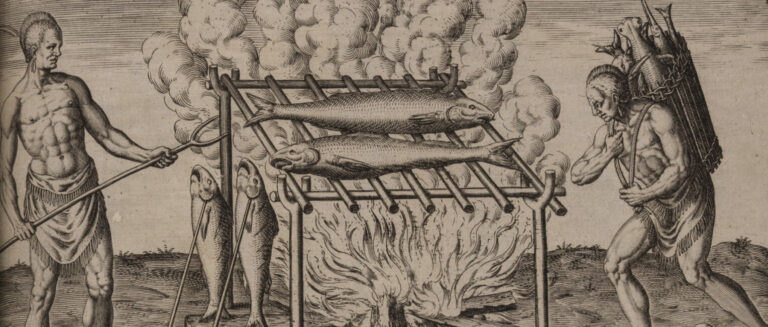
How did the Columbian Exchange shape food culture in the modern world?
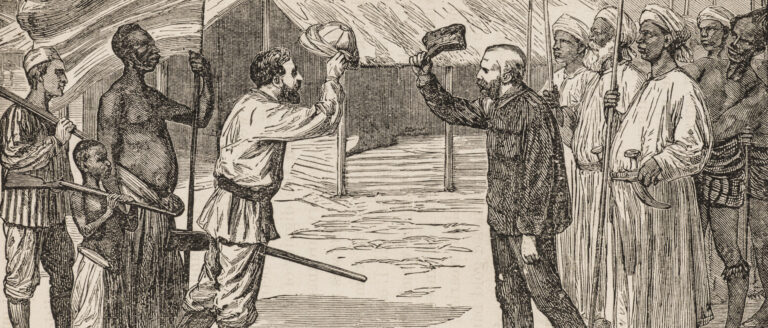
What were the links between abolition and imperialism in East Africa?
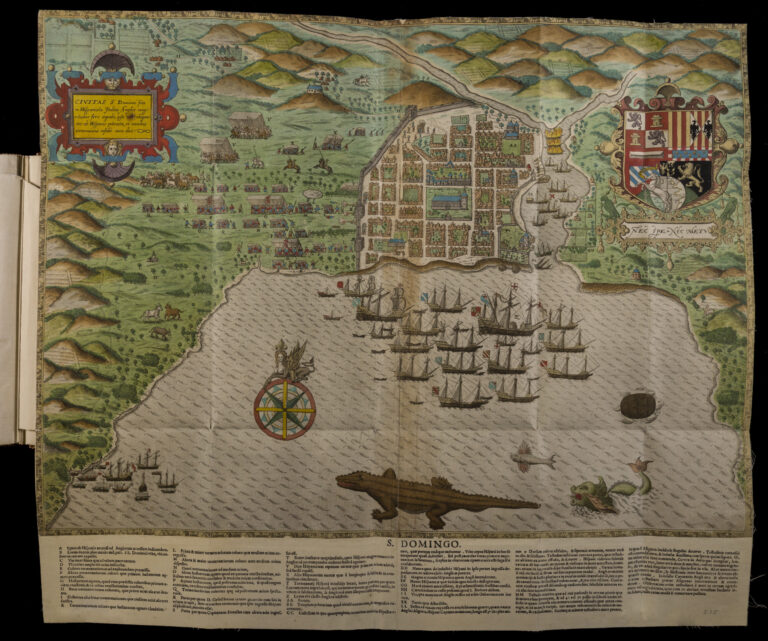
How does studying visual culture help us to understand history better?
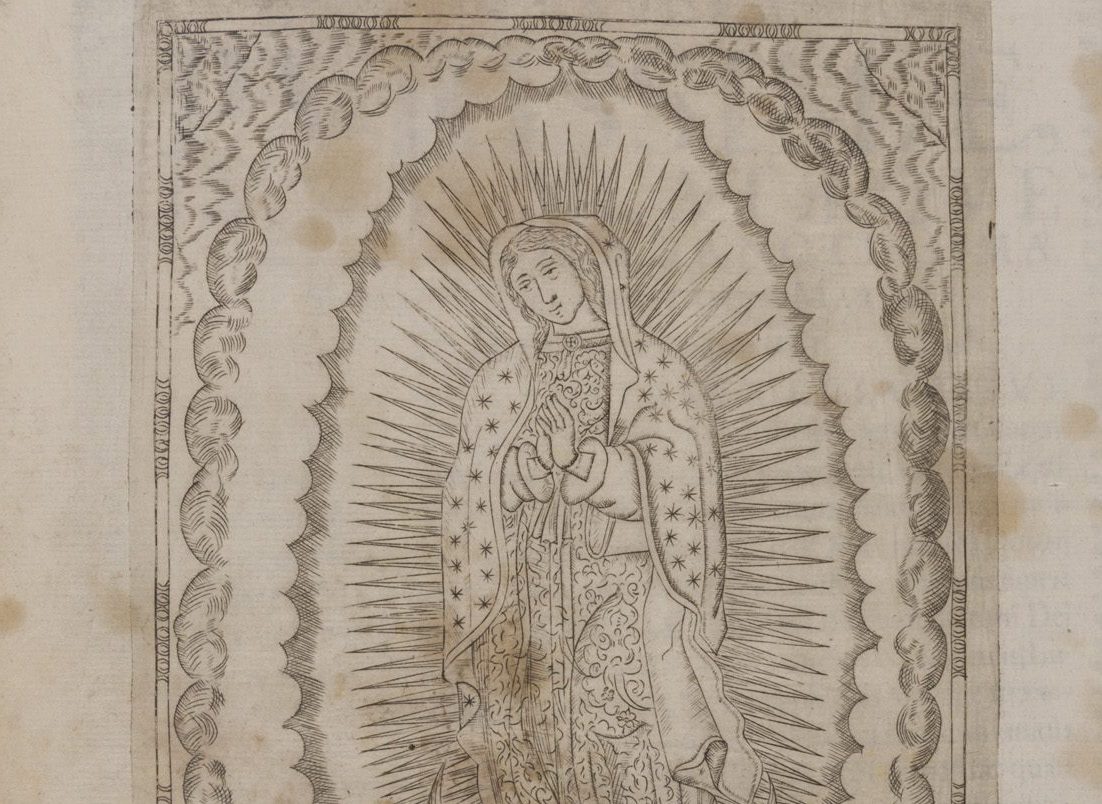
How did the changes in religion during the Reformation shape the medium of print? How did religious leaders and thinkers attempt to interact with their audience(s)? How did the ways in which religious figures used print pave the way for modern mass media?
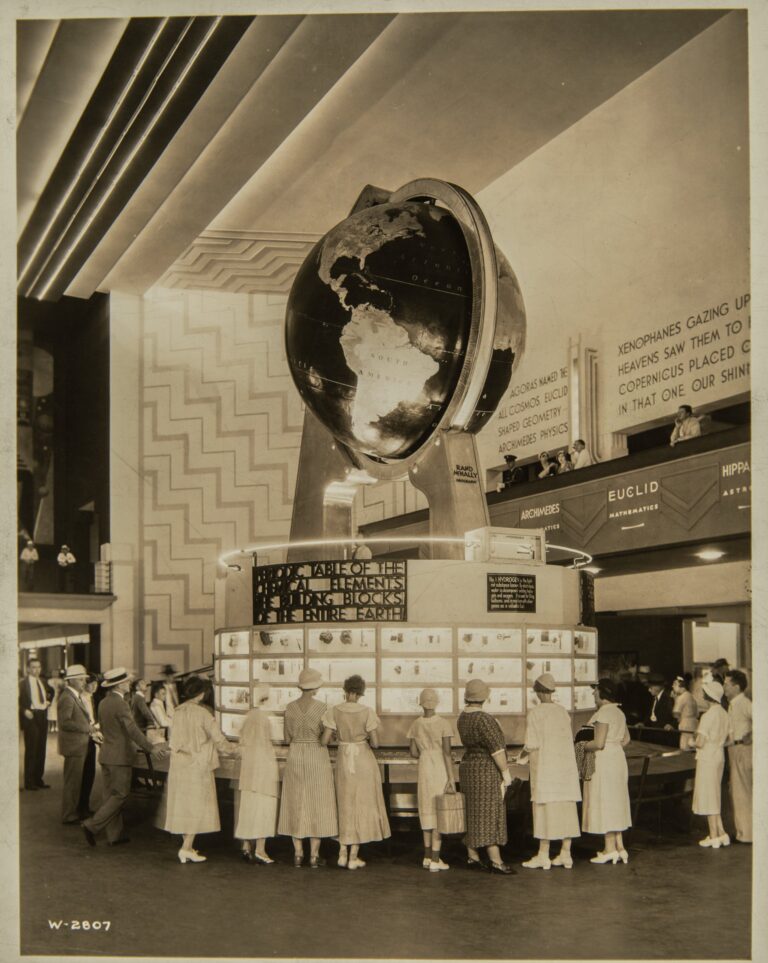
How did the creators of the Century of Progress illustrate and enact the fair's theme of progress?
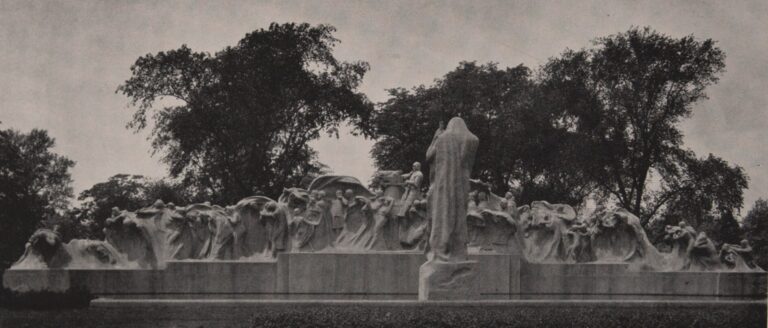
What groups, organizations, and individuals influenced the arts in Chicago in the early twentieth century?
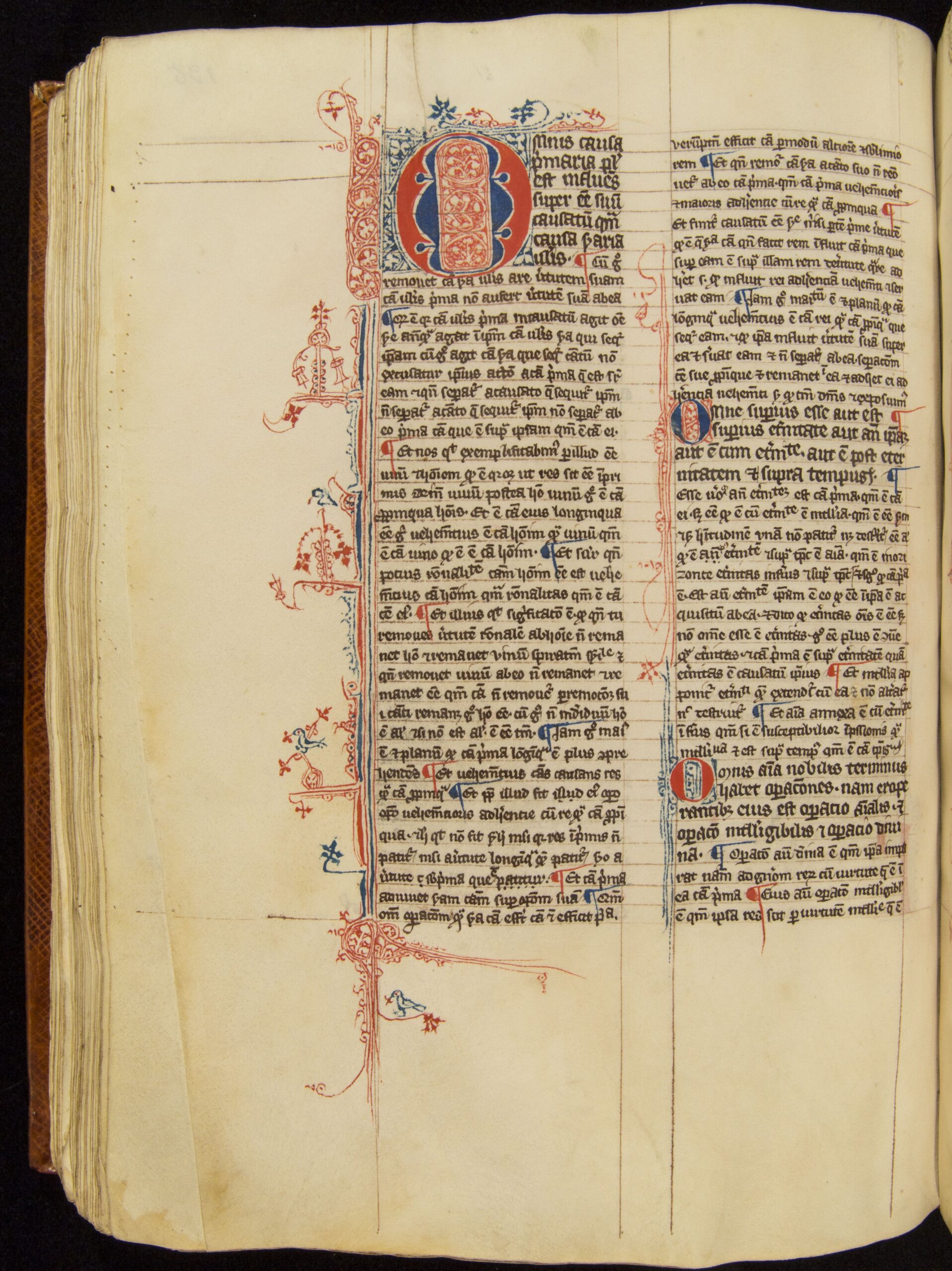
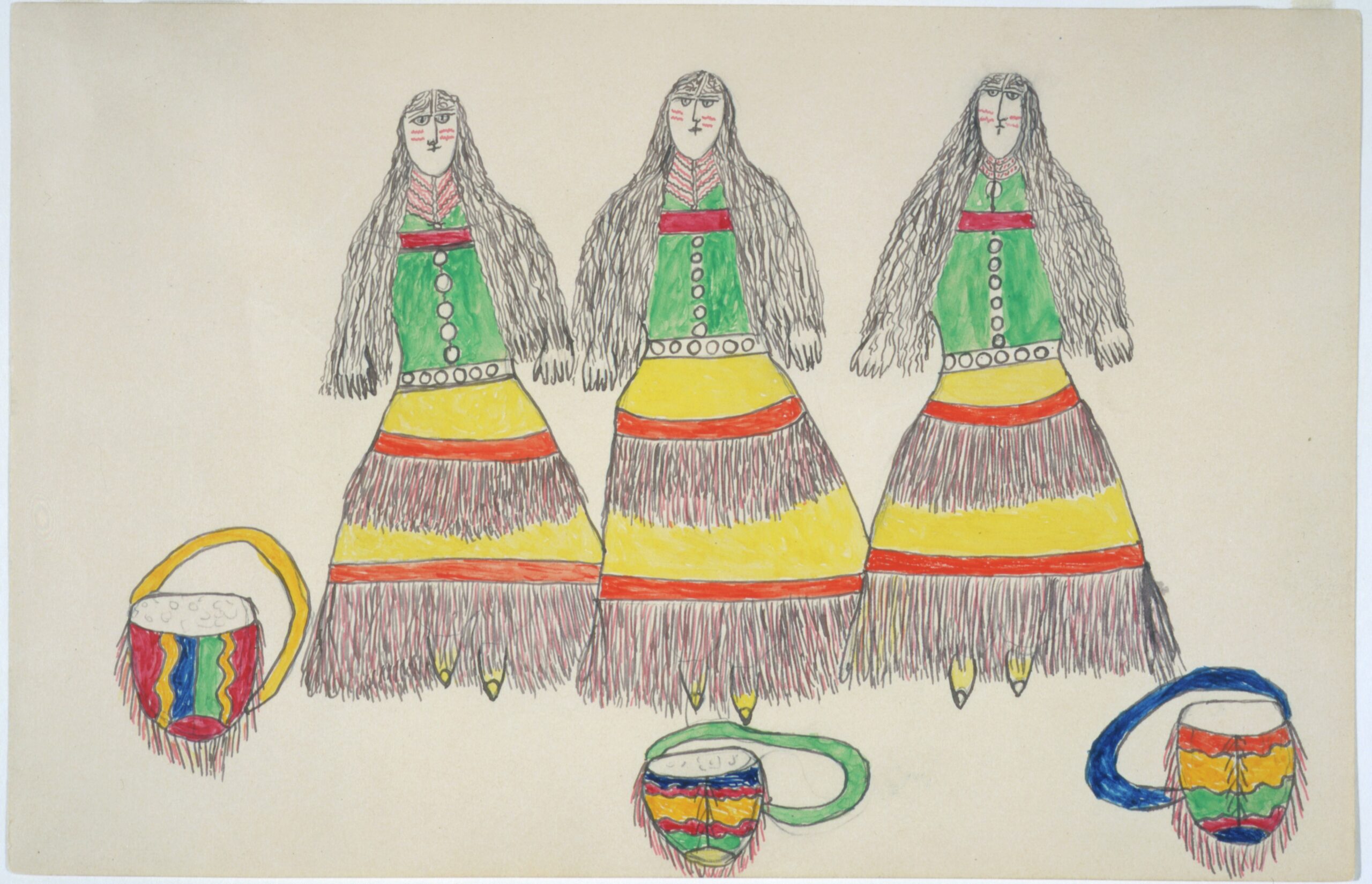
What do historical images of American Indian peoples tell us about the evolving relationships between Indians and non-Indians? What valuable information about our past and ourselves can we glean from artworks that portray indigenous peoples and also the materials that artists used?
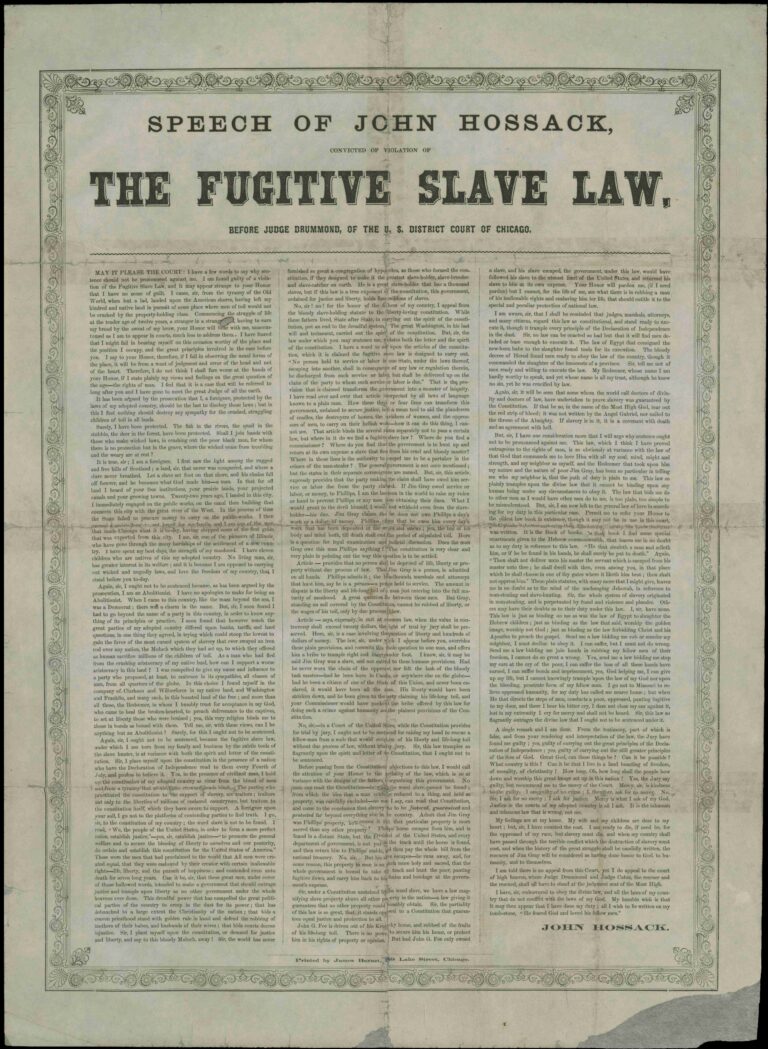
What motivated the actions of abolitionists in Illinois? How did abolitionists attempt to transform public opinion on the issue of slavery? How did the abolitionist movement evolve and respond to national events that shook the nation in the 1850s?
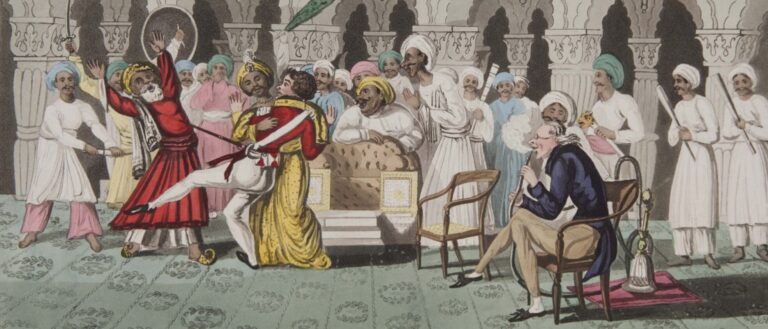
Why did British imperialism take the form it did in India? How did this change the lives of colonial servants in India? Why did individual Britons go to India? What did they expect to find there? What common experiences did they have?
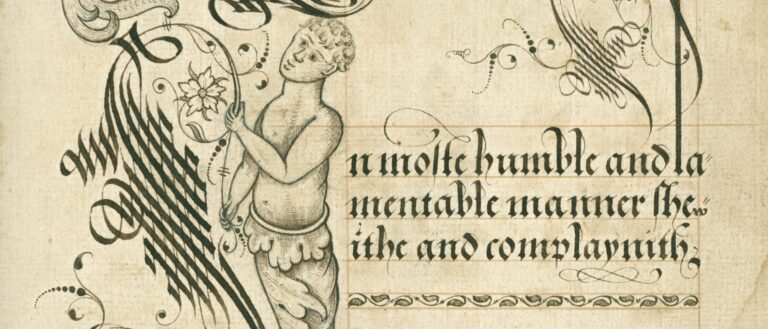
How did handwritten documents shape life in the early modern period? What can these documents tell us about the experiences of early modern people?
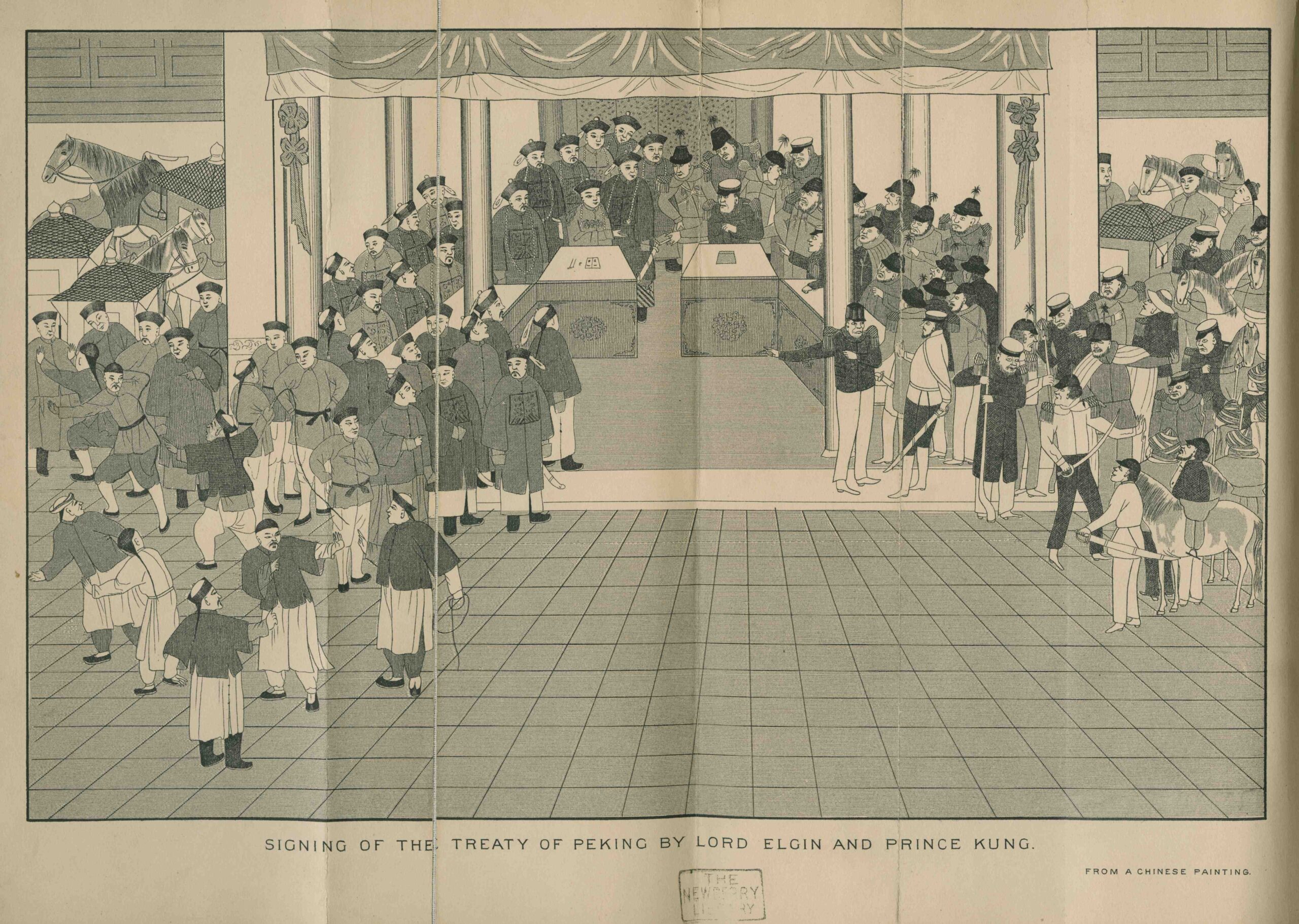
How have China’s economic and diplomatic ties to the outside world shaped its modern history?












